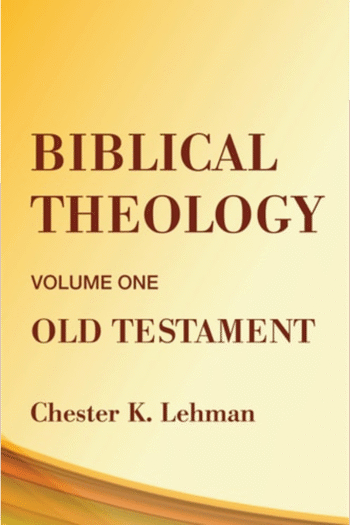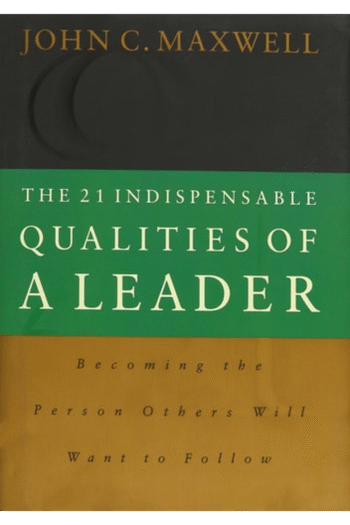Delve into the complex relationship between personal spirituality and organized religion with Reid Blackmer Locklin’s “Spiritual but Not Religious?: An Oar Stroke Closer to the Farther Shore.” Locklin, a theologian and convert with experience in both Hindu and Christian traditions, challenges the prevalent idea that one can thrive spiritually outside of religious institutions. This insightful book, published by Liturgical Press, argues that religious communities provide crucial support, guidance, and a shared path for those seeking deeper meaning and connection. Locklin uses compelling arguments that religion is not necessarily a set of restrictions but a means of providing support. In a world often wary of religious structures, Locklin proposes that they serve as vital meeting points for spiritual seekers and teachers. He offers a nuanced perspective, recognizing the potential pitfalls of institutions while emphasizing their indispensable role in fostering genuine spiritual growth. The book examines the essence of seeking, the importance of teachers, the power of shared communion, and the mystery of connecting with others on a spiritual level. Locklin’s engaging approach combines personal narrative with theological insight, making complex ideas accessible to a wide audience. A thought-provoking read for anyone grappling with questions of faith, community, and the search for meaning in a secular age. “Spiritual but Not Religious?” will encourage you to re-examine the role of religion and it’s potential of finding spiritual balance in your life. Dr. Reid Locklin’s work encourages a dialogue between tradition and experience, offering guidance to seekers and skeptics alike.
Spiritual but not Religious?: An Oar Stroke Closer to the Farther Shore
12.35 $
In stock
Is it possible to be spiritual without being religious? Can spirituality be separated from the complications of religious institutions”? Convert and theologian Reid Blackmer Locklin thinks not. Combining personal experience with insights from Hindu and Christian traditions, Locklin offers a highly personal guide to religious commitment in a world characterized by religious pluralism. Locklin demonstrates, through his *spirituality of institutional commitment, – that a religious institution is simply a meeting point of spiritual seekers and teachers, which is both natural and indispensable when seeking holiness. Both an invitation and response, Locklin’s guide is informed by ancient sources as well as contemporary experience. Spiritual but Not Religious? offers a fresh and personally engaging view of the Christian Church as a raft – not an obstacle – on the journey to the farther spiritual shore.
Chapters are: *Introduction – Raising the Question, – *Chapter 1 – On Seekers, – *Chapter 2 – On Teachers, – *Chapter 3 – On a Shared Communion, – *Chapter 4 – On the Mystery of Others, – and *Conclusion – Filling in the Gaps. – Also includes an index.
Reid B. Locklin, PhD, teaches in the Christianity and culture program at Saint Michal’s College and the University of Toronto. His research publications include ventures into comparative theology and inter religious dialogue, as well as Christian ecclesiology. “
| Authors | |
|---|---|
| Binding | |
| Condition | |
| ISBN-10 | 0814630030 |
| ISBN-13 | 9780814630037 |
| Language | |
| Pages | 152 |
| Publisher | |
| Year published | |
| Weight | 227 |
| Edition | First Edition |
- Additional information
- Currencies
- USD – United States dollar
- EUR – Euro
- GBP – Pound sterling
- CNY – Chinese yuan
- BRL – Brazilian real
- MXN – Mexican peso
- JPY – Japanese yen
- PHP – Philippine peso
- THB – Thai baht
- PLN – Polish złoty
- CAD – Canadian dollar
- MYR – Malaysian ringgit
- AUD – Australian dollar
- TWD – New Taiwan dollar
- CZK – Czech koruna
- SEK – Swedish krona
- HUF – Hungarian forint
- ILS – Israeli new shekel
- CHF – Swiss franc
- HKD – Hong Kong dollar
- DKK – Danish krone
- SGD – Singapore dollar
- NOK – Norwegian krone
- NZD – New Zealand dollar





